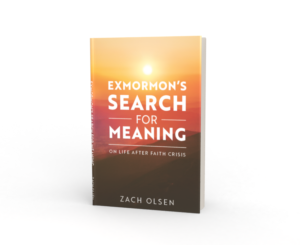Bemoaning the deluge of comic book movies, reboots and sequels as Hollywood scrapes the bottom of the intellectual property barrel has become cliche. Despite our cries for relief, it doesn’t look like Hollywood has any intention of slowing down the processes of repetition, replication, sequelization, and rebooting (see: two new star wars trilogies are in the works). The motive behind this has been made very apparent: brand recognition. It’s easier to market movies based on things we’re already heard of.
The strategy behind comic book movies has crept into another genre as well. One that Hollywood can capitalize on without the eye rolls they get from yet another sequel: movies based on true events.
Just in the last few months it seems like we’ve been inundated by them: The Post, I Tonya, Molly’s Game, Disaster Artist, Only The Brave, 12 Strong, All the Money In The World, The Greatest Showman, Darkest Hour and 15:17 to Paris. To my chagrin, even Christopher Nolan, maker of original greats such as Momento, the Prestige, Inception and Interstellar went and made a true story, Dunkirk, last year.
Just like comic book movies, true story movies have the brand recognition. Better still, they can be given critical prestige before anyone sees them. Can anyone give a bad review to Only The Brave without looking like they disrespect the deceased firefighters that the movie is based on?
There is some data that backs this up: Movies based on real events have average scores higher than all other movies and they are more frequently nominated for Oscars.
Given the benefits of the true story genre, Hollywood is not subtle about putting the “based on a true story,” “inspired by a true story,” or “based on actual events” label on any movie where they can get away with it. The latest true story movie, 15:17 to Paris, appears to be attempting to up the ante by using the actual people from the true events as the actors in the movie.
Obviously these movies aren’t “true.” What movie isn’t based on real events, locations, scenarios and emotions? It’s a marketing tactic based on the assumption that a movie based on true events is more alluring.
The “based on a true story” schtick shows just as much loss of creative innovation and the steady decay of cinema as the comic book movie/reboot schtick. In both cases the movies add constraints for marketing purposes that limit the scope of what’s possible. In their drive for profits, both genres have to be careful or they run the risk of being accused of not being true to their source material, limiting their creativity and originality.
I want the stories I watch to push the limits of what has ever been done before, to disrupt conventions, to surprise me — all of which “base on a true story” movies rarely do.






